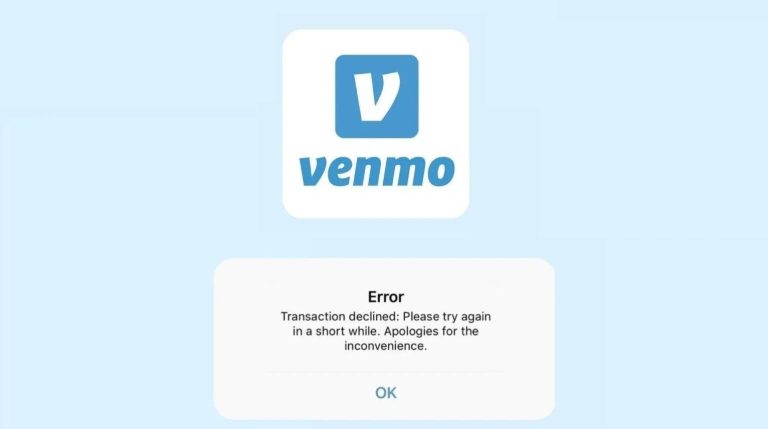The Tech Behind the Table: How Online Poker Algorithms Work
Ever wondered just how the software and relevant technology work on the best online poker sites? Needless to say, there are layers upon layers of different components that work in tandem to ensure that games are executed fairly. Let’s deep dive into some of the mechanics at the back end of the tables and find out how they work.
Random Number Generators?
Given that poker relies on elements of luck and random card allocation, the software needs to replicate the same process of a human dealer dishing out the cards to players. It’s important to ensure that the best online poker sites you use are doing this because otherwise, you could be walking into a trap, i.e. a rigged game where the cards are going to always be against you. However, be sure to find out what type of RNG they are using too!
PRNG – Pseudo-random Number Generator
Ok, so PRNGs are not ‘truly random’. They use multiple algorithms to mix the cards and to ensure that there is a good level of unpredictability. However, the primary data point stems from a ‘seed value’. I.e. each card starts life with a value, meaning that even if it goes through 10,000 different shifting algorithms, it’s still not 100% random. PRNGs are not all the same however, as some use less alternating patterns to randomize the cards, so if you’re looking for the best online poker sites, play here for real money, but also it’s a wise idea to check a company’s PRNG credentials and if see if it is verified by an external regulatory body.
TRNG – True Random Number Generator
The holy grail of random values. TRNGs are great for ensuring that each and every game is dealt with in a completely unscripted way with no preset values. PokerStars famously documented that they use a TRNG. Essentially, they consistently collect anonymous data (nothing intrusive, information like click rate on a webpage), transfer that into the binary language and then assign the values to each card in a 52-card deck, randomly. This process is repeated for each game with a new set of binary inputs every time. Given that they don’t control the incoming data, it’s enough to warrant that it is truly random, hence the name.
Anti-collusion software
Ever found yourself at an uncomfortable table where you’re losing more than everyone else? Hopefully not! The fact remains that there are some dodgy people out there who try to play poker together by colluding, sharing information about their hands, etc. All of this completely ruins the game metric of strategy and skill, as the colluding players are at a distinct advantage over everyone else.
Anti-collusion software is really important to ensure that online poker tables remain fair. While not all the details are available (because they don’t want to expose too much of the tech to those trying to circumvent it) we understand what it does. In essence, it detects notable key behaviors which would suggest player collusion or unsporting behavior. If players tend to play in the same rooms, if they’re online at very similar times if they are logged on from the same internet connection (IP address), or if they’re based in similar areas. In 2023 a lot of these attributes can easily be tracked as well as more we don’t know about yet.
Of course, collusion isn’t just a multiplayer affair now. With multiple device ownership, in theory, such knaves can use secondary accounts to try to negatively influence games. However, multi-accounting can be spotted easily. Some online tournaments have even gone as far as to revoke winners’ medals after it was discovered that a player who uses two or more accounts at a table. Top players including Ali Imsirovic and Jake Schindler were accused of such practices, subsequently picking up bans from multiple PokerGO events, the promotion the two were playing with at the time. If poker professionals like these guys are getting accused then amateurs with less funds and probably inferior technology have almost no chance to avoid punishment if they are cheating in this manner.
Online Poker Matchmaking – Fair or Exploited?
One fairness mechanism that comes under the microscope is that of poker matchmaking. In theory, it works perfectly well players would surely like to play with similar abilities at the table. The sites with the heaviest traffic have somewhat of a moral duty to ensure that newbies aren’t dumped in at the deep end with players who play 100 games a day and whose primary income source is online poker. So, the tech ensures that the fairest weighted games take place where possible.
The problem is that not everyone who appears to be a new user is new to online poker. That player with zero games, zero earnings could be a total amateur or not at all. Online poker companies are clambering for new players all the time. Online players might have a preference for which platform they use but if another site offers an incredible signup deal, then why not? Through no fault of their own, they’re appearing as a lamb in the game but possess more attributes befitting a wolf.
That said, after a few hands and if the experienced newbie turns out to be a very good player then the comprehensive matchmaking software will re-rank them and factor in their successes in any future matchmaking processes, so it does balance itself out over time.






